CAR-T and Gene Therapy excite BMT Tandem Meeting
It remains exciting times in cancer immunotherapy with breakthrough new cell therapies and checkpoint inhibitors that enhance the effectiveness of T cells.
 Last Friday, Paris based Cellectis filed their IPO registration statement with the Securities and Exchange Commission (Link to F-1).
Last Friday, Paris based Cellectis filed their IPO registration statement with the Securities and Exchange Commission (Link to F-1).
They plan to raise $115M through an offering of American Depository Shares. You can read more about their allogeneic Chimeric Antigen Receptor (CAR) T cell approach in the two interviews we did with senior management last year.
Here’s an excerpt of the interview Cellectis CEO André Choulika, PhD gave Biotech Strategy Blog last year – it was the No1 post in 2014: Can Cellectis Revolutionize CAR-T cell Immunotherapy?
As multiple companies seek to move CAR-T cell therapies forward in clinical trials, what will be interesting to see is how this novel treatment fits in with existing therapies such as bone marrow transplants. Will it replace them, or be a bridge to a transplant that enables relapsed or refractory patients to have a second chance?
In addition, where are the potential opportunities beyond B-cell malignancies such as acute lymphoid leukemia (ALL) where there’s been dramatic success, particularly in children?
 Last week Biotech Strategy Blog had the privilege to interview Dr Krishna Komanduri who is Director of the Adult Stem Cell Transplant Program at the University of Miami Sylvester Cancer Center and holds the Kalish Family Chair in Stem Cell Transplantation.
Last week Biotech Strategy Blog had the privilege to interview Dr Krishna Komanduri who is Director of the Adult Stem Cell Transplant Program at the University of Miami Sylvester Cancer Center and holds the Kalish Family Chair in Stem Cell Transplantation.
A physician scientist, he exudes a sense of calm professionalism – I am sure this must reassure many of his patients. Having a bone marrow transplant has been likened to jumping off a cliff in terms of what it does to one’s immune system.
In the last 2-3 years, he has dramatically increased the number of transplants at the University of Miami Sylvester Cancer Center.
Dr Komanduri (@DrKomanduri) was co-chair of the 2015 BMT Tandem meeting that took place earlier this month in San Diego. It’s the combined annual meeting of the American Society of Blood and Marrow Transplantation (ASMBT) and the Center for International Blood and Marrow Transplant Research (CIBMTR).
In a half hour interview he shared his thoughts on what was exciting at Tandem, where the field is going and some of the best abstracts at the meeting which included data on CAR-T cell therapy, GVHD and gene therapy.
To learn more about our latest insights, subscribers can log-in or you can purchase access to BSB Premium Content.
This content is restricted to subscribers
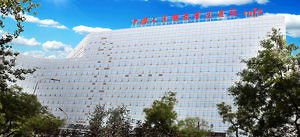
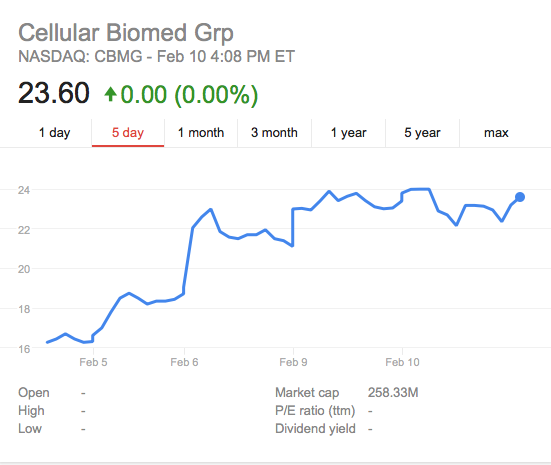
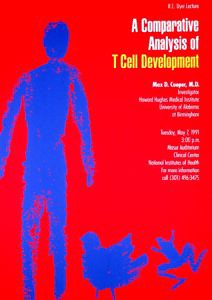

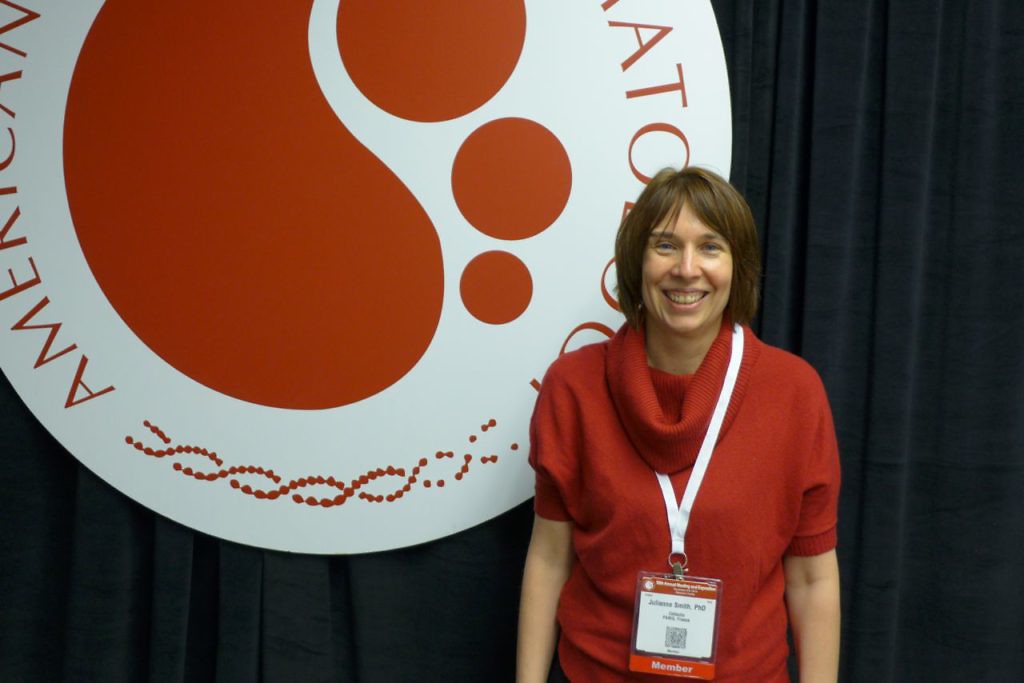
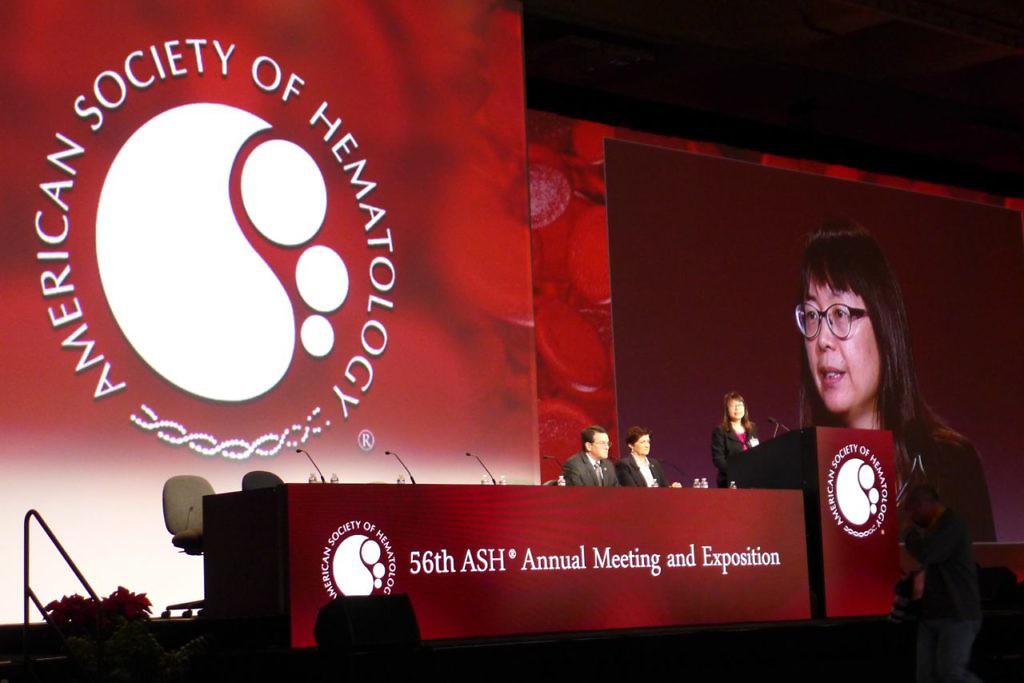
 This morning we heard that
This morning we heard that  Cellectis is a Paris based biotechnology company, (NYSE alternext: ALCLS.PA) with an aspiring “blue ocean” strategy that, if successful, could revolutionize cancer immunotherapy.
Cellectis is a Paris based biotechnology company, (NYSE alternext: ALCLS.PA) with an aspiring “blue ocean” strategy that, if successful, could revolutionize cancer immunotherapy.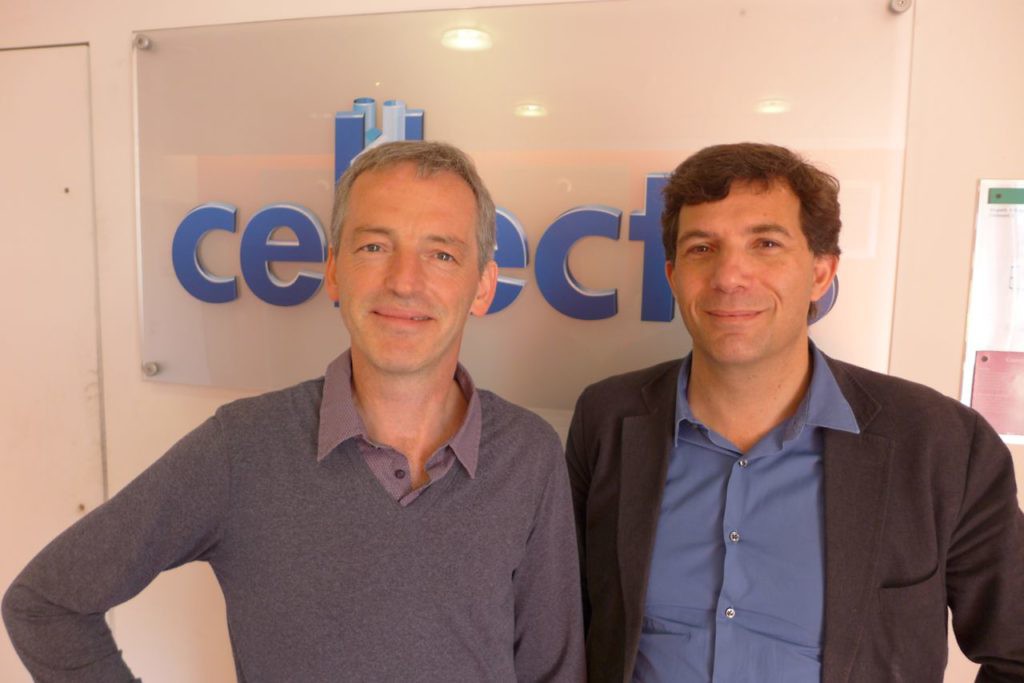
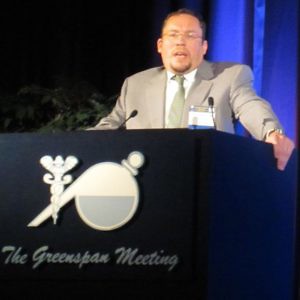
 Yesterday, we spoke remotely with Dr Renier Brentjens (MSKCC) off the record and ascertained that the furore, far from being a major incident that impacts the whole field negatively, was actually a tempest in a tea cup that has been blown out of all proportion.
Yesterday, we spoke remotely with Dr Renier Brentjens (MSKCC) off the record and ascertained that the furore, far from being a major incident that impacts the whole field negatively, was actually a tempest in a tea cup that has been blown out of all proportion.